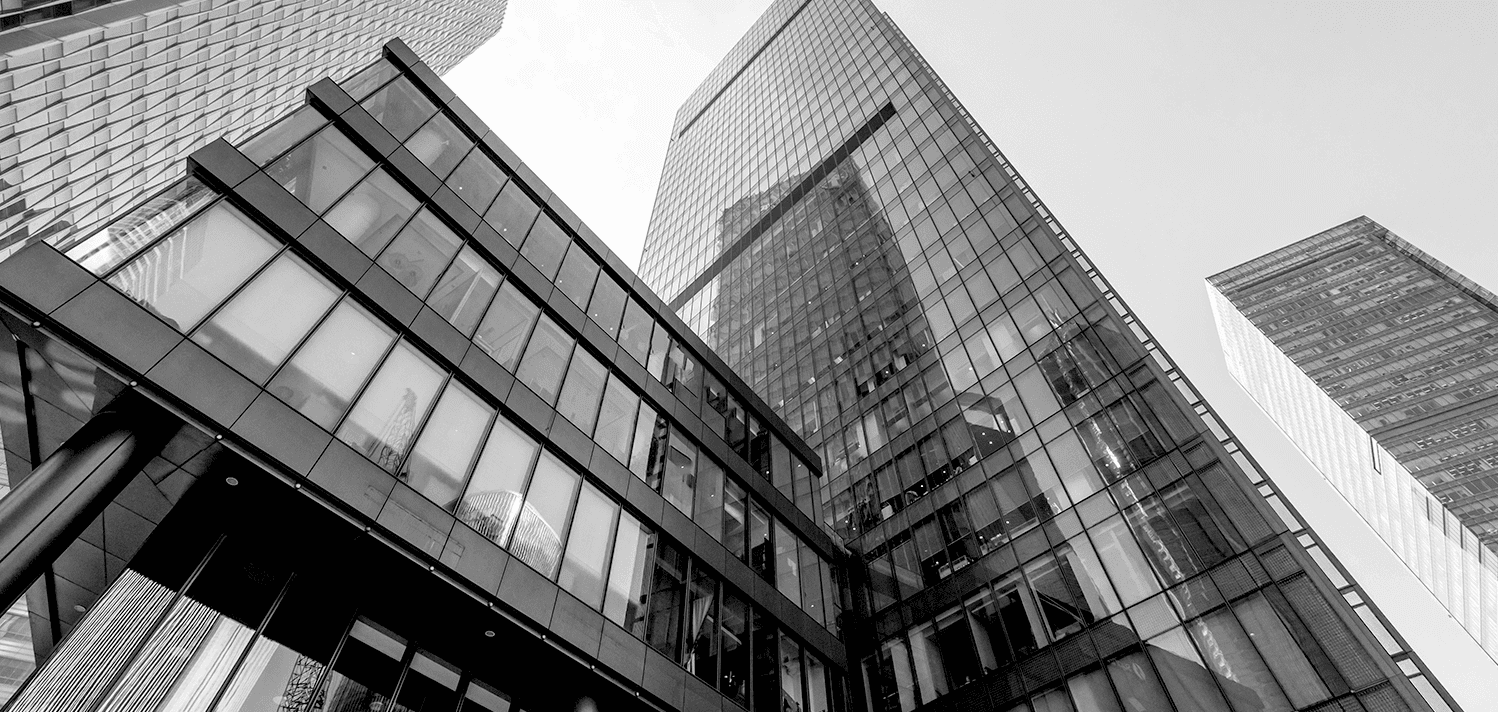A guide to commercial glass specifications: What architects and contractors need to know
- 10 September 2025
- News
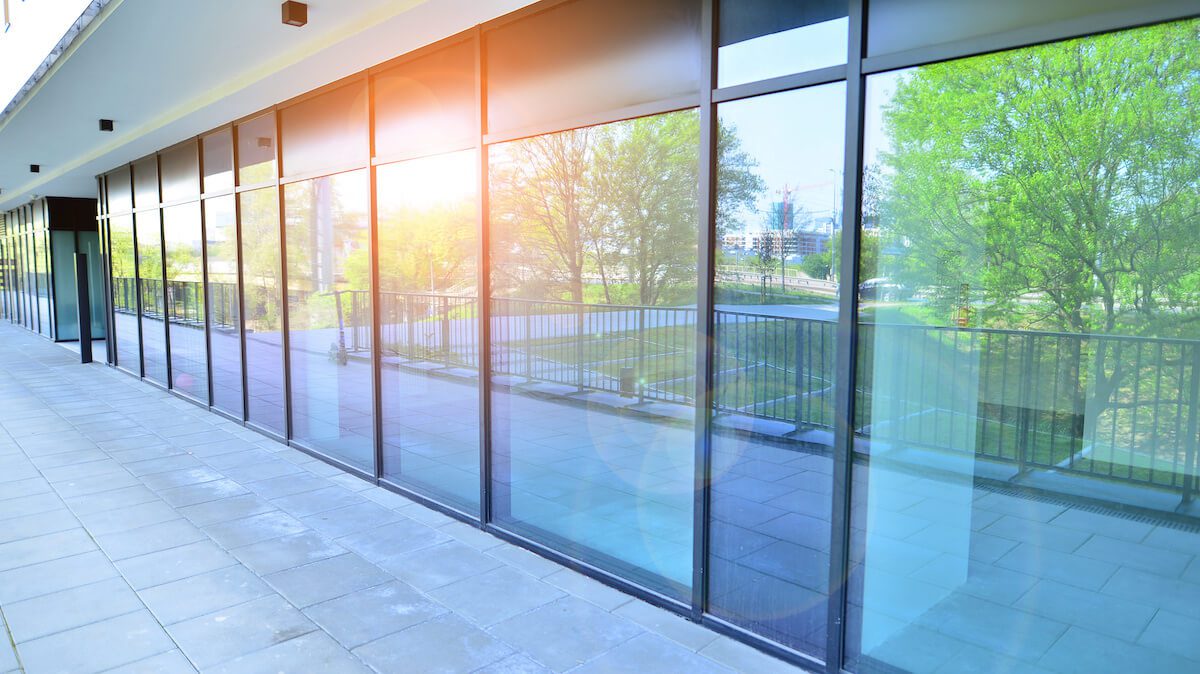
When planning or delivering a commercial project, specifying the right glass products is more than a design decision. It is a matter of compliance, safety and long-term performance.
For architects and contractors, understanding technical specifications helps ensure commercial buildings are both functional and safe, while also achieving sustainability and aesthetic appeal.
This guide to commercial glass specifications will outline the key factors you need to consider, from safety standards to sustainable practices.
Why commercial glass specifications matter
In modern office buildings, retail stores and hospitality venues, glass surfaces shape the identity of the space. The right type of glass can:
- Control heat transfer to support the energy efficiency of the building
- Provide natural light while maintaining safety regulations
- Reduce energy costs through low thermal conductivity and advanced coatings
- Support sustainable practices by lowering environmental impact
- Deliver durability and functionality for long-term use
Glass is not just a façade element; it influences the integrity of the building, occupant comfort and the environmental design goals of a project.
Understanding types of glass for commercial use
Different types of glass are suitable for different applications within a commercial space, each with specific technical specifications.
Toughened glass, for example, offers high strength and durability while reducing the risk of injury on breakage.
Laminated glass includes an interlayer between panes, which keeps layers of durable glass together when damaged.
Triple glazing provides low thermal conductivity and strong energy savings.
Fire-rated glass protects the integrity of the building by resisting the spread of fire.
The challenge is always to balance functionality, safety and sustainability when choosing the right type of glass.
Key technical specifications you should review
When selecting commercial glass, several factors require close attention:
- Thickness: Determines strength, durability and suitability for partitions or façades
- Coatings and tints: Reduce glare, manage visible light and limit solar heat gain
- Transparency: Affects both aesthetic appeal and occupant comfort
- Glass units: Insulated or laminated units that influence energy efficiency
- Interlayers: Improve safety, acoustics and resistance to environmental factors
By considering these specifications early, you can ensure compliance with safety standards and local building codes.
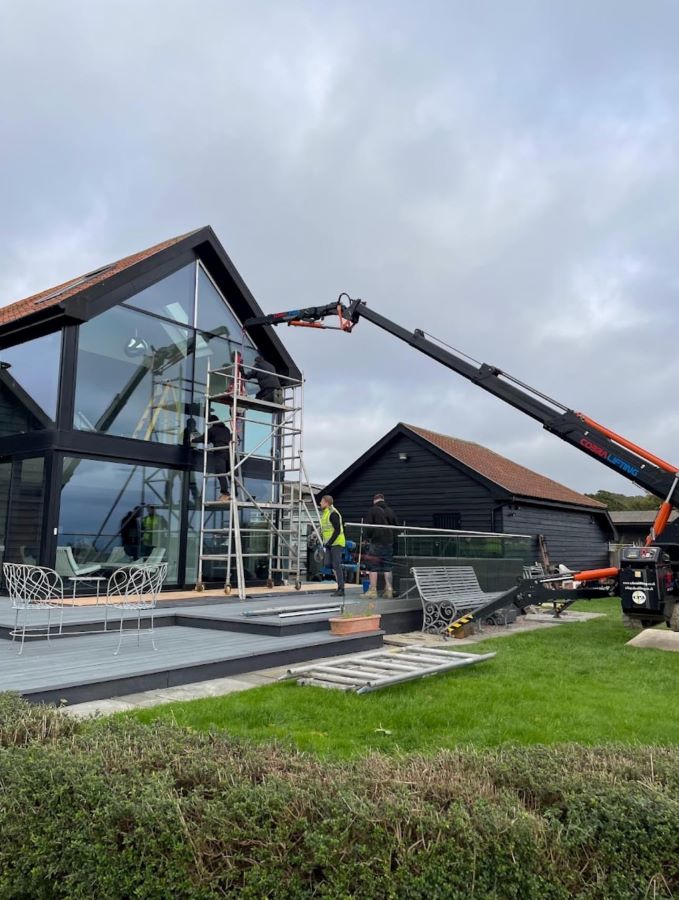
Safety regulations and standards
Safety standards are a cornerstone of commercial glass specification. British and European certifications outline the minimum performance levels for glazing in public and private commercial buildings.
For contractors, meeting safety regulations means reducing the risk of injury through the use of laminated or toughened glass, ensuring glazing can withstand environmental factors such as wind load and impact, and confirming fire safety performance where required.
At SGC Glass, all commercial glazing solutions are specified and installed in line with current safety standards, so developers and architects can trust the integrity of the building envelope.
How specifications support environmental design
Environmental impact is now at the forefront of every project. By selecting glass products with strong sustainability credentials, you can reduce energy consumption and long-term energy costs.
Triple glazing and low thermal conductivity glass panes, for example, improve heating control and contribute to energy efficiency. The use of raw materials with lower carbon impact supports sustainable practices, while balancing visible light with solar control coatings can improve occupant comfort and productivity.
According to the UK Green Building Council, buildings account for nearly 25% of the UK’s carbon emissions. Glazing choices can therefore play a major role in meeting sustainability and energy saving targets.
Commercial glass in different spaces
Glass serves a range of functions across commercial buildings. In office buildings, glass partitions and balustrades improve transparency, collaboration, and space efficiency.
Retail stores often rely on large glass panes across the face of the building to maximise natural light and showcase products.
Hospitality venues demand glass surfaces that combine aesthetic appeal with durability in high-traffic environments.
Specialist projects may require custom glazing solutions that account for environmental factors, durability, and certifications.
By tailoring specifications to the type of commercial space, contractors and architects can achieve both design intent and compliance.
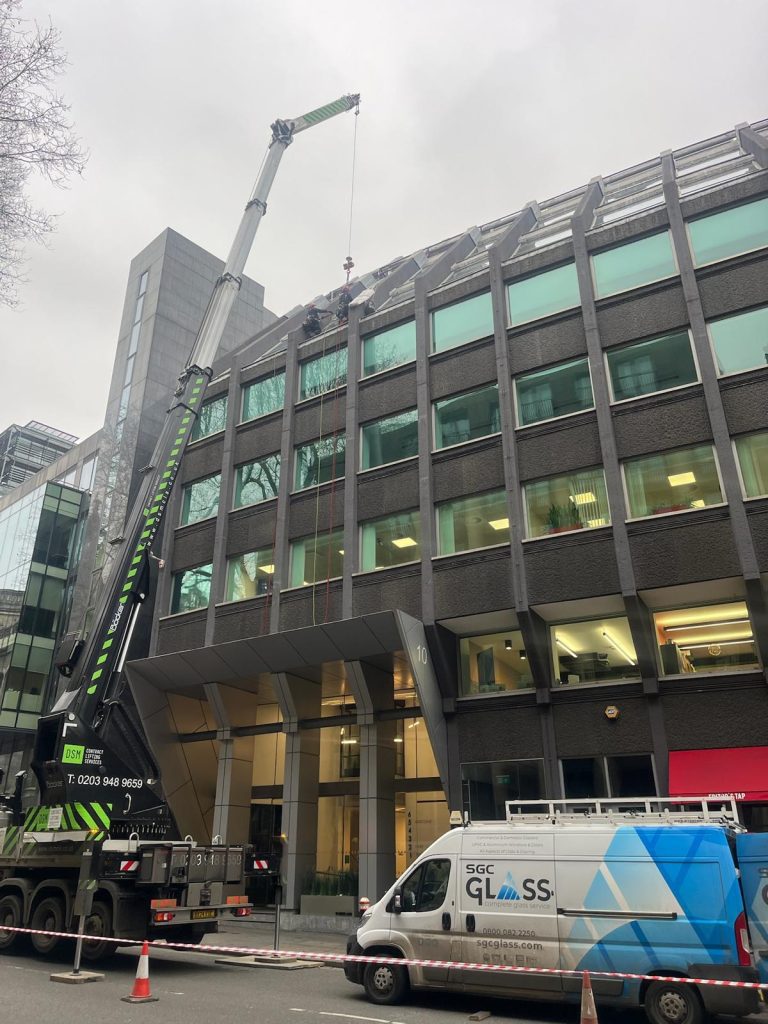
What role do certifications play in specifications?
Certifications verify that glass products meet recognised safety and performance standards. For contractors and architects, they provide assurance that glazing installations comply with local building codes and project specifications.
Common questions on commercial glass specifications
What is the most important factor when specifying glass for commercial buildings?
The most important factor is safety. Ensuring compliance with safety standards and reducing the risk of injury should always take precedence, followed by performance considerations such as energy efficiency and environmental impact.
How do coatings affect energy efficiency?
Coatings applied to glass units influence visible light and solar control. They reduce heat transfer, improve energy savings and help maintain consistent temperatures inside commercial spaces.
Can glass specifications support long-term cost savings?
Yes. By reducing energy consumption and supporting the energy efficiency of the building, the right glass specifications help businesses cut energy costs year after year.
Key takeaways
- Glass specifications influence safety, energy efficiency and sustainability
- Always review thickness, coatings, interlayers and technical specifications
- Compliance with safety regulations and local building codes is essential
- Sustainable glass products reduce energy consumption and environmental impact
- Glazing choices should be tailored to the type of commercial space
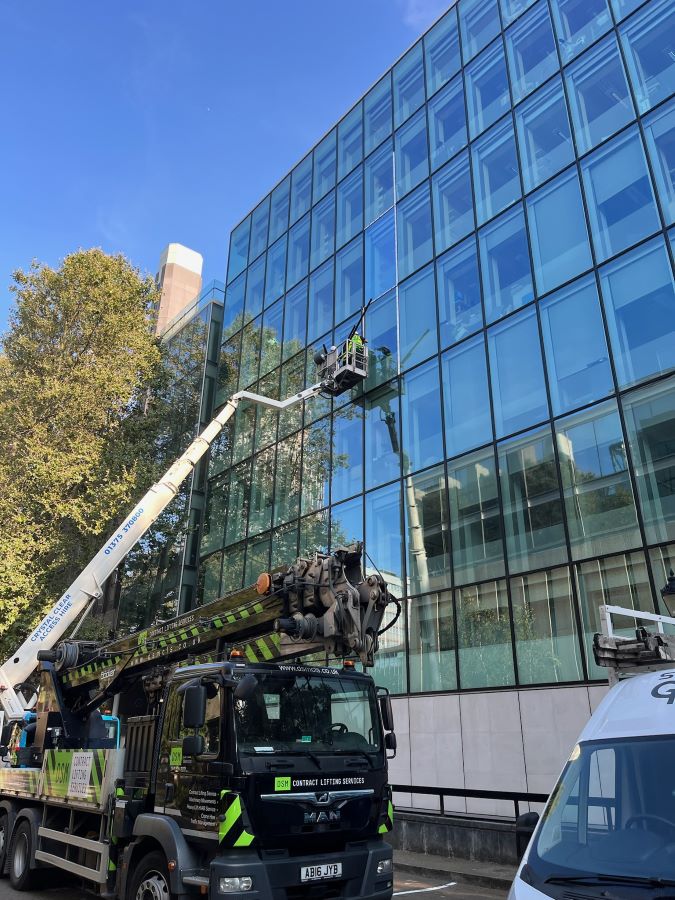
Why work with SGC Glass
With nearly three decades of experience, SGC Glass is trusted by architects, contractors and developers across London and Essex for commercial glazing projects. Our team delivers bespoke solutions for office buildings, retail environments and specialist architectural designs.
We offer professional consultation on commercial glass specifications, installation in compliance with safety standards and certifications, and sustainable glazing solutions that reduce energy costs and environmental impact.
Ready to get started?
If you are planning a project and need expert advice on specifications, safety standards and sustainable glazing, our team is here to help.
Contact SGC Glass today to discuss your requirements and find the right commercial glass solution for your building.

